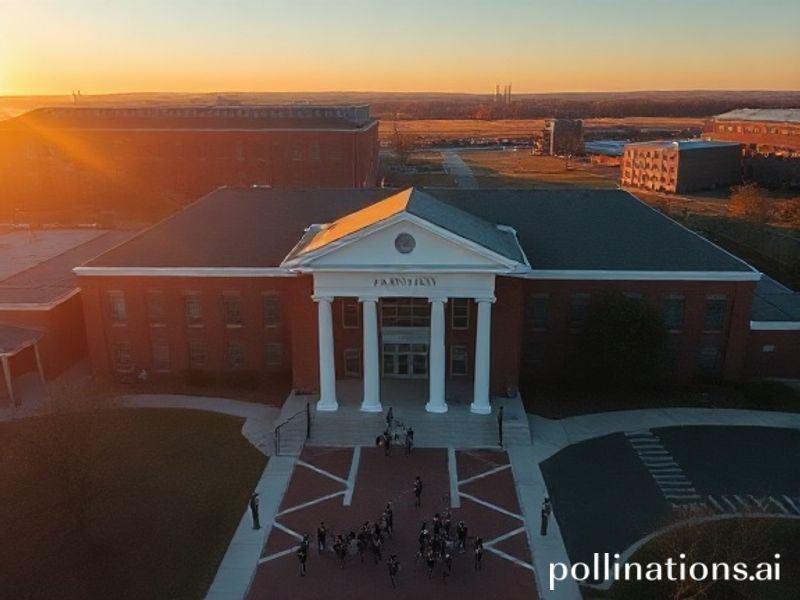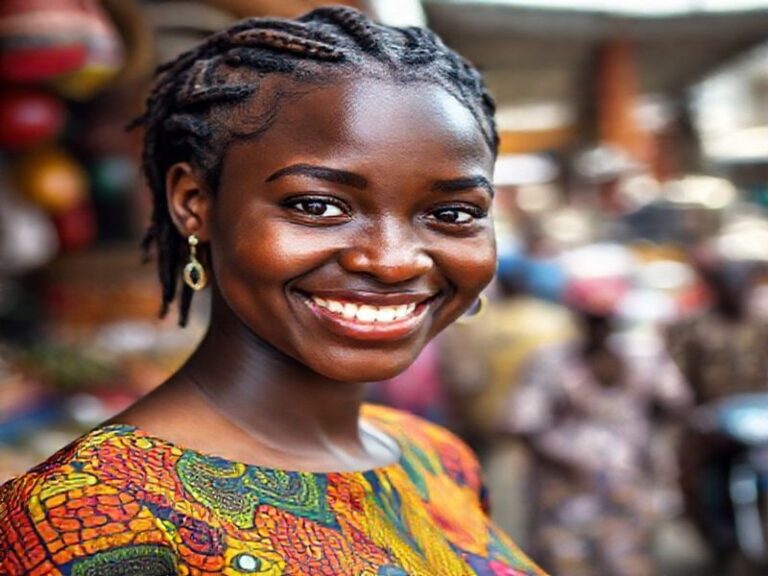Fairview High: The Unlikely Global Epicenter Where Teenagers Beta-Test the End of the World
Fairview High School, USA – Population 1,400, hormones 2.8 million – is, on paper, a perfectly ordinary American public school squatting at the edge of a mid-size Colorado suburb. Zoom out, however, and it becomes the unwitting laboratory for every planetary experiment currently keeping Davos delegates awake at night. Climate anxiety? Check. Algorithmic surveillance? Double check. A TikTok-addled electorate being trained in real time? Triple check with fries and a side of microplastics.
The first bell rings at 7:20 a.m., a cruelty UNESCO politely calls “chronobiological violence.” Students shuffle in like jet-lagged delegates arriving at an underfunded climate summit, clutching Stanley cups the size of oil drums and phones broadcasting their geolocation to whichever authoritarian regime bought the data this week. Meanwhile, the solar panels the district crowdfunded in 2019 already look quaint—like bringing a canvas tote to the apocalypse.
Fairview’s curriculum is, of course, a battlefield. In one classroom, sophomores dissect Shakespeare; in the next, a guest speaker from a Ukrainian NGO livestreams from a subway station in Kharkiv, politely answering questions about air-raid sirens between bites of cafeteria pizza. The lesson plan is labeled “global empathy,” though the district’s firewall blocks empathy for Palestinians, Texans, and whichever group triggered the algorithm this morning. Somewhere, an AI moderation bot is learning to be equally offended by all of us—progress, of a sort.
The Model UN club, once a harmless nerds-only sideshow, now trains teenagers who will eventually negotiate carbon credits while the planet politely bursts into flames. Last semester they passed a resolution condemning plastic straws; this semester they’re drafting sanctions against themselves for driving mom’s SUV to Chipotle. The gavel is plastic, obviously.
Fairview’s sports program is a soft-power miracle. The girls’ soccer team just thrashed a squad from an elite Shanghai academy via Zoom (final score: 3-2, latency 300 ms). The Chinese coach praised the “American spirit,” then asked—off the record—how to obtain the same ankle-monitoring bracelets the Fairview district uses to make sure no one cuts gym. Everyone agreed the future smells faintly of sweat and subpoenas.
Meanwhile, the cafeteria imports avocados from Mexico, quinoa from Bolivia, and existential dread from everywhere else. Lunch debt is packaged and sold to hedge funds specializing in adolescent futures—literally. A sophomore with a 3.9 GPA and a peanut allergy is currently leveraged at 7.3 on the secondary market. Somewhere in London, a trader is sipping cold brew and shorting her prom prospects.
And yet, in the cracks of this absurdity, small miracles bloom. The robotics team built a drone that maps wildfire risk using discarded vape cartridges and teenage spite. The drama club staged “Macbeth” set in a lithium mine; three kids cried, one transferred, and a venture capitalist offered seed funding for the tears. Even the vaping epidemic has a silver lining: nicotine-stained parking lots now qualify for federal Superfund cleanup, so the district may finally afford new textbooks—digital only, naturally, so they can auto-delete any chapter that upsets a state legislature.
Fairview is no utopia, but it is a preview. If you want to see how the species will cope with the converging catastrophes of the 21st century—climate, tech, inequality, the sheer exhausting comedy of being human—skip the policy papers. Just stand near the bike racks at 3:05 p.m. and watch kids who’ve never known a stable world try to build one anyway, armed with nothing but AP credits, Adderall, and an almost heroic misunderstanding of their own odds.
The bell rings. They scatter like diplomats after a failed summit, earbuds blasting K-pop and drill rap, carbon footprints stomping happily toward whatever version of adulthood survives the next news cycle. Somewhere in the stratosphere, a satellite records their departure; the algorithm tags it “optimism,” then files it under pending litigation. The future, for now, is still in beta—tested daily, bugs and all, at Fairview High.







